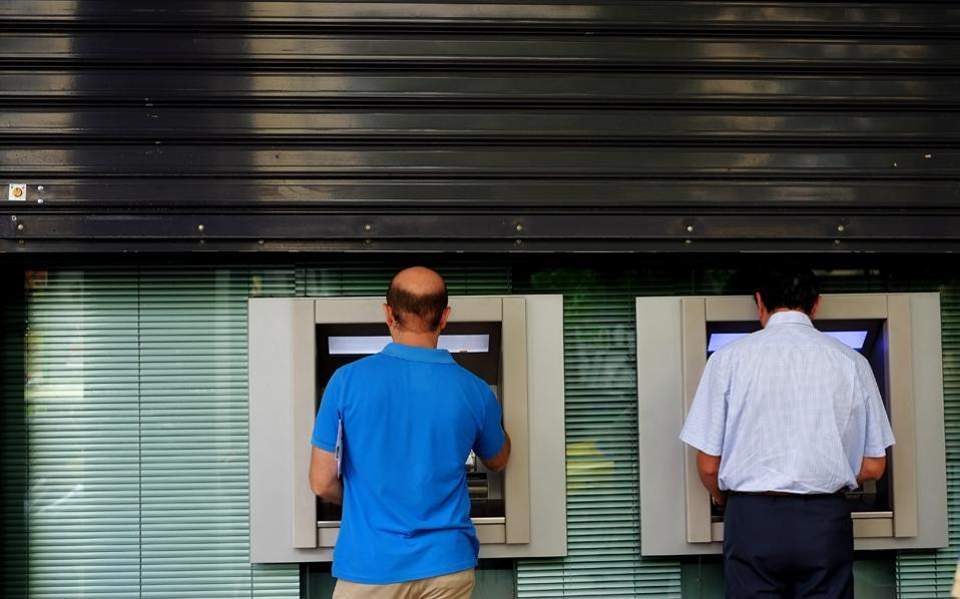Plans to slash Greek bank sour loan pile is ambitious, source says

Plans by Greek banks to reduce their load of sour loans by 54 billion euros ($60.50 billion) by the end of 2021 are “ambitious”, a source familiar with the situation in the country’s banking sector said on Tuesday.
“They must work hard to achieve it,” the source said.
Bad loans or so-called non-performing exposures (NPEs) are the biggest challenge facing Greek lenders, the legacy of a multi-year debt crisis that shrank the economy by a quarter and drove unemployment to a high of nearly 28 percent in 2013.
Banks have made progress in reducing the pile and repairing balance sheets, but the pace needs to speed up to enable them to finance the recovering economy.
At the end of the first quarter, Greek banks were still saddled with 80 billion euros of NPEs, meaning their ratio of sour credit over total loans was 45.2 percent. They aim to bring the ratio down to below 20 percent by the end of 2021.
“Banks need to work hard to achieve this target and try to overachieve it, if they can,” the source said. “It is crucial for the recovery in their lending ability and profitability.”
The target of bad loan reduction is the maximum amount feasible given banks’ current levels of capital, the source said, and it will be a significant achievement if they meet it.
But even if the hoped-for 54 billion euro reduction is attained, Greek banks will still be far away from peers in the euro zone, where the average NPE ratio stood around 3.8 percent at the end of the first quarter, the source said.
“If bank balance sheets remain clogged with non-performing assets, this impairs their ability to finance new initiatives in the economy,” the source said.
Greek authorities, seeking to help banks to clean up their loan books faster, have put together new schemes to help lenders offload bad debt by wrapping it into asset-backed securities.
“These initiatives are very important to reach the desired (bad loan) levels,” the source said.
[Reuters]





